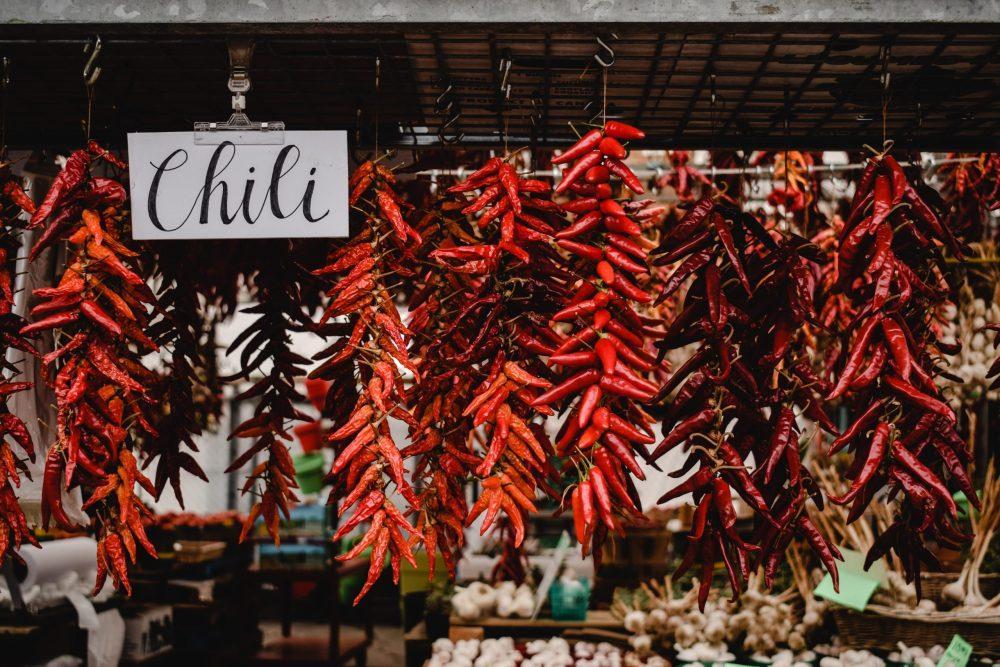

Can You Get High from Eating Hot Sauce and Spicy Chilies?
The world of spicy foods is filled with sensations that range from delightful to downright fiery. Some spice enthusiasts have claimed to experience euphoria or a “high” when consuming exceptionally spicy dishes. But is there any truth to these claims, or is it merely a myth? In this blog, we’ll explore the science behind spicy foods and whether they can genuinely lead to a “high.”
Get High on Your Own Supply
Capsaicin and the impact on your nerves. The primary component responsible for the heat in hot sauce and spicy chilies is capsaicin. When you consume capsaicin, it interacts with pain receptors in your mouth, sending signals to your brain that you’re experiencing a burning sensation.
The endorphin rush. While the release of endorphins can create a feeling of pleasure and happiness, it’s essential to clarify that it’s not the same as getting “high” in the way one might with mind-altering substances. The sensation from consuming spicy foods is more akin to a temporary mood boost than a psychoactive high.
It hits everyone different. It’s essential to recognize that people’s sensitivity to capsaicin and their neurochemical responses can vary widely. Some individuals might experience a more significant release of endorphins, leading to a more intense pleasure sensation, while others may not notice a significant impact on their mood.
Hot sauce, spicy foods and dopamine. The pleasure doesn’t stop there! Capsaicin also prompts your brain to release dopamine, a neurotransmitter associated with feelings of reward and pleasure. That’s why eating hot sauce and spicy foods can leave you feeling happy and satisfied.